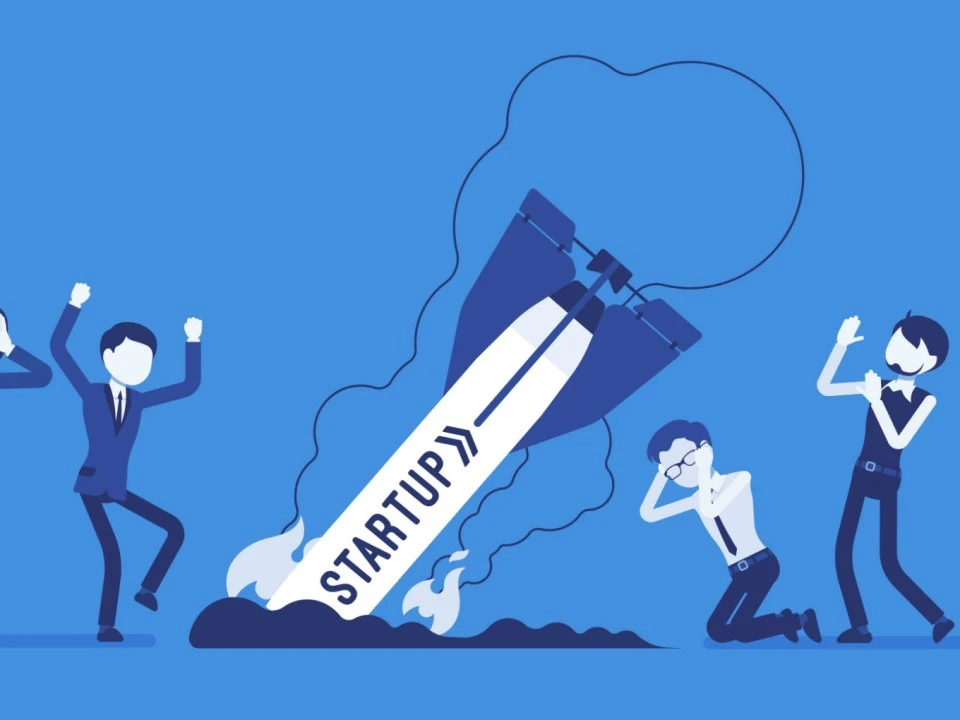
I hear four to eight pitches a day as an active early-stage investor; they often run thirty minutes, and I strive to provide value by offering commentary on the product and the presentation itself. My comment on the majority of pitches seems to be similar, therefore I made the decision to compile and disseminate the finest techniques for organizing a fantastic pitch meeting.
As usual, this is meant for early-stage entrepreneurs, although it could also be helpful to late-stage entrepreneurs.
1. Effective Time Allocation
-
So easy, yet so many people misunderstand this. Ten percent or so of the pitches I hear have time management issues. Make time for a brief introduction, a brief pitch, and an extended conversation. Arrive on time and leave on time. For instance, if your meeting lasts thirty minutes, you should: * Allocate seven minutes for introductions; during this time, briefly discuss your background in relation to the business. Give a succinct response to the query, "Why are you the ideal fit for this startup?"
-
* Give the deck, pitch, or demo eight minutes; within that time, briefly go over the team, problem, solution, persona/product, market, and funding.
-
* Allocate 15 minutes for a candid conversation, a follow-up, and a contingency in the event that the initial portions exceed the allotted time.
-
Recognize that you are not the one squandering your own time, but don't micromanage the timeline either.
2. Take The Team's Lead
-
A lot of founders neglect to discuss the team in favor of concentrating on the problem, solution, and market. Start the team presentation early and share the reasons this team is so amazing.
-
Why is this group the best suited to handle this issue? What did they learn or experience at work that prepared them for this?
-
Why would they be so effective together? Have they previously collaborated? Have they achieved a joint goal?
-
Notable pursuits and achievements that elevate them to the top? Climbing rocks? on a nonprofit's board of directors? Fantastic!
3. Establish Positive Rapport

-
I realize it's challenging, but remember that the investor is also a person. Thus, showing kindness always pays off. Try to be your amazing self—confident but not haughty, self-aware and sincere, with appropriate humor, charming and upbeat. Though it's a delicate craft, approach it like a job interview or an honest date.
-
Recall that you are doing your own interview with the investor. If you treat the investor like a god, they will behave accordingly—that is, negatively. However, if you treat them like a decent person, you could discover a cooperative partner who isn't a jerk.
-
Be kind and approachable; welcome constructive feedback and well-considered inquiries. Don't forget to forgive ungentle investors—if they are impolite now, they will be even more so once you have their money.
-
Finally, if you don't know anything, just say, "I don't know, but I will find out and get back to you." Please, please, please do not guess or lie.
4. Understand Your Business And Figures
-
I've written previously on the figures that matter to investors. While you don't have to know everything, you do need to have them all planned out and be able to discuss your figures and your projections for the future. Be clear about the terms you want the agreement to go on and remember that the person who sets the terms' initial values also controls the conversation's anchoring.
-
Understand your target audience, your competitors, possible partners, and distribution routes. Gain a deep understanding of your users' requirements, wants, pains, and routines. Founders who are customer-focused are highly favored by investors.
5. Obsess About Clients Or Issues
-
To reiterate the prior point, evaluate your ideas with customers first before presenting them to investors. Don't try to get validation from investors. Unfortunately, the customer—who is the most significant participant in the pitch meeting—will not be there, so you must effectively represent them.
-
It would be fantastic if you could include client quotations in the pitch deck. It's amazing if your clients are open to speaking with sincere investors.
6. Recognize Your Financier
- Learn a little more about the investor, check out their most recent articles or tweets, and study their most recent investments. It's OK to seek former founders for references regarding the investment when the time comes. I'd be pleased to offer these references when the time comes for me to invest.
7. Select The Ideal Investor To Present To

-
You will probably be quite disappointed if I tell you that I know nothing about whatever you pitch me that is B2C and that I will not invest. You will discover a fascinating partner that will provide you with a great deal of value if you pitch me anything related to devtools. Each investor is an expert in their own right. The fund is secondary; you are accepting an investment from a specific partner or angel investor.
-
"I do not invest in X; I only invest in DevTools and B2B SaaS" is how I begin around 40% of my "No" responses.
8. If You Can, Give A Demo
- I know a lot of creators who are nervous of showing off their goods because they think they won't be successful. Your investor is not the proper one for an early-stage business if they will phase out if your demo doesn't work. I adore founders that take pleasure in showcasing their wares, since it instills trust in me that they can effectively market the product. Another viable solution if you don't have a product is to browse through figma markings.
Read Also: Effective Time-Management Strategies for Busy Women
9. Employ A Typical Pitch Deck
- Typically, early-stage investors don't anticipate seeing a flashy marketing pitch deck. Your pitch deck's substance is far more crucial than its design. 30% of the labor would go into the appearance and feel, while 70% would go into the content. I have turned down founders several times due to subpar content, but I have never turned down a founder because of a visually appealing pitch deck. Use one of the numerous beautiful-ish standard templates that are available.
10. Confirm
-
Make good on your promise to return with the specified data. Make a list of action items and execute them. Send the investor updates from time to time, even if you receive a no. Receiving updates from businesses and finding out about their performance is something I truly value.
-
These are the most frequent advices I provide to founders on a daily basis, while I'm sure there are more. You will have a more successful pitch meeting and, ideally, discover a fantastic investor to collaborate with if you adhere to these.





